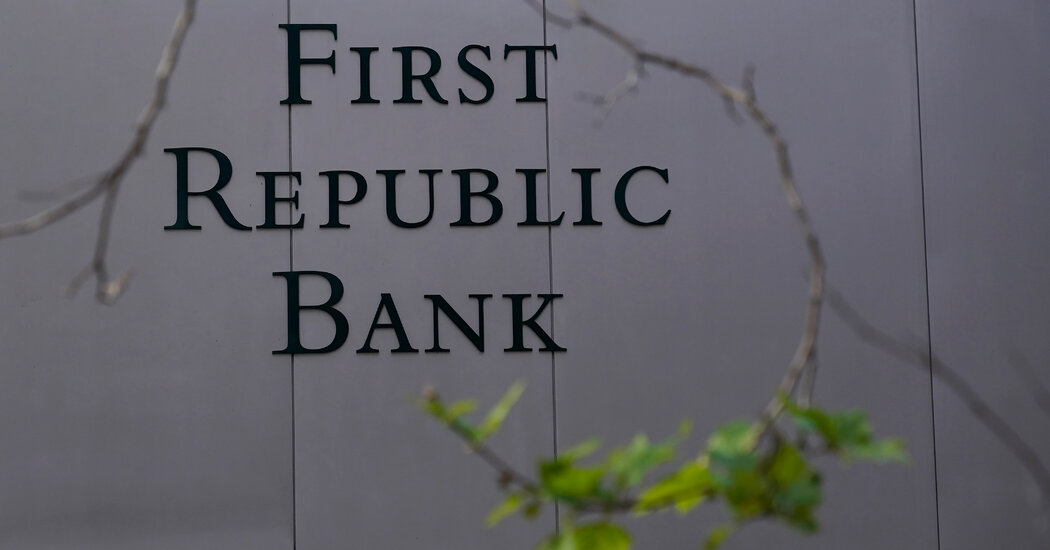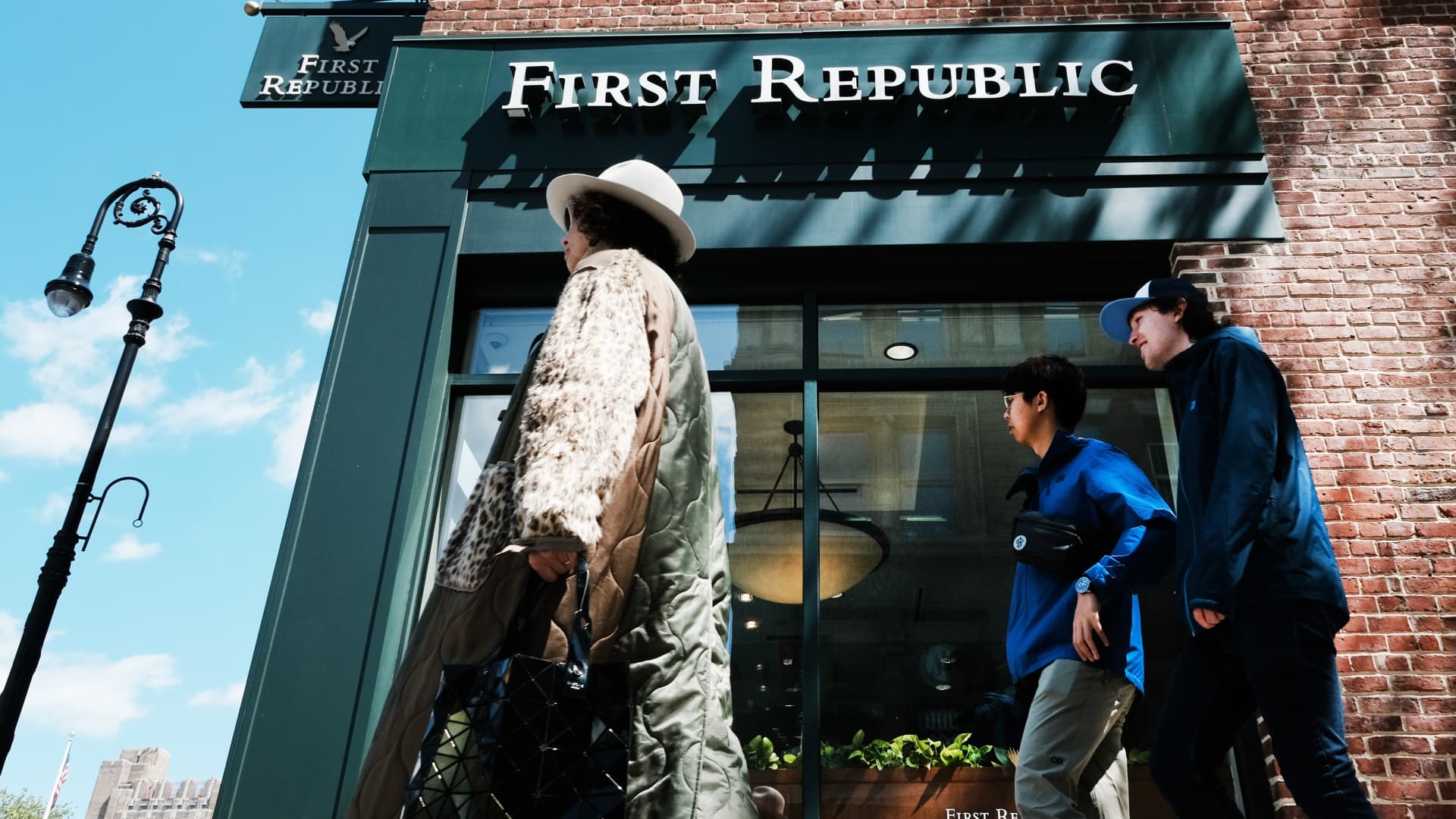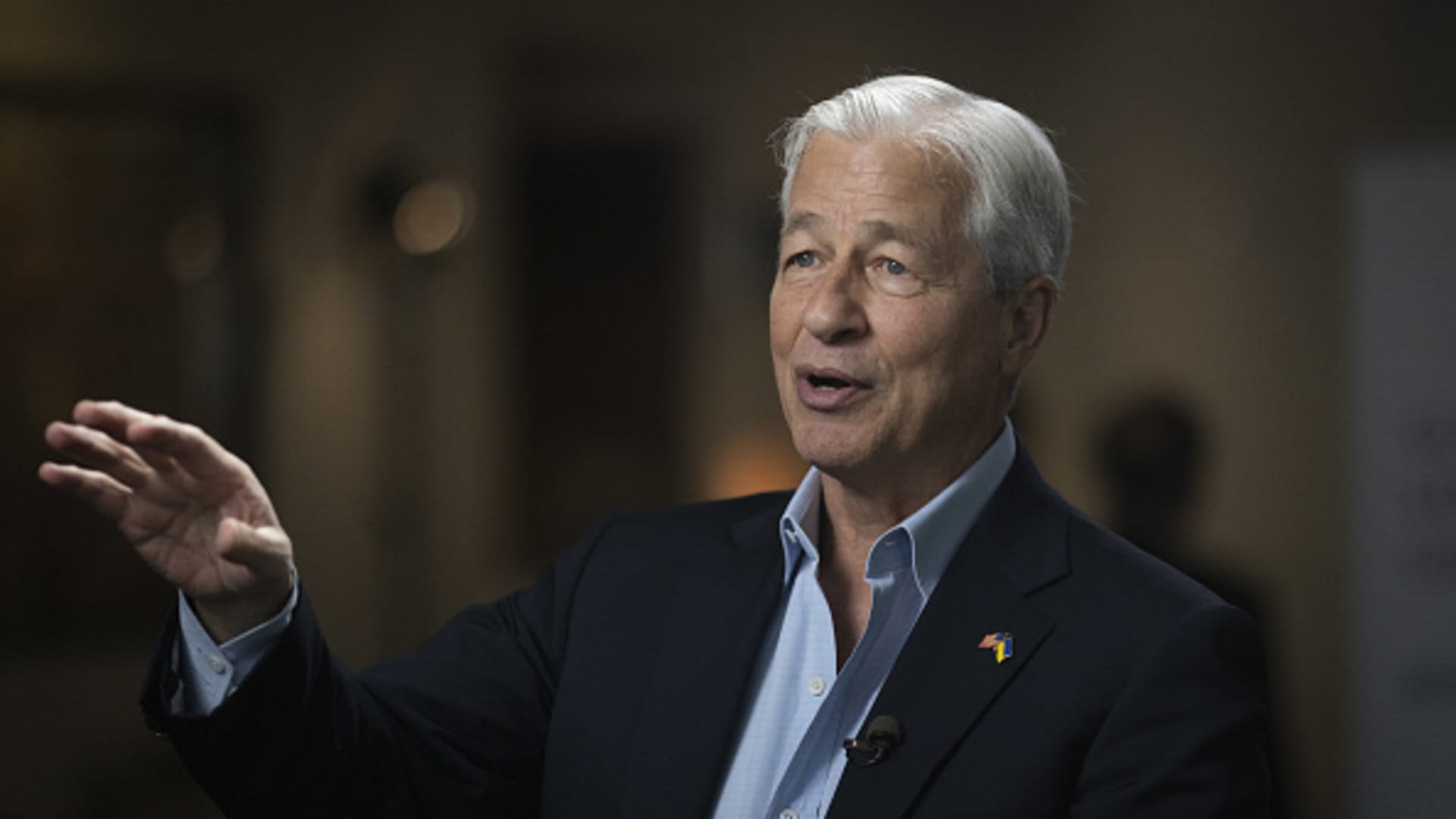On Wednesday, the FDIC asked roughly a dozen banks to tell them what they would be willing to pay for First Republic’s deposits and assets, and what level of losses the FDIC would have to absorb to get the deal done, according to people familiar with the discussions.
On Friday, the regulator went back to JPMorgan, PNC and several other lenders and offered to give them access to more detailed information about First Republic. The potential bidders have been given digital access to a data room with extensive information on First Republic’s loans and other assets, according to two sources familiar with the process. A number of investment firms have also been given access to the data and encouraged to provide bids.
Banks and others have been told that bids are welcomed that would include First Republic being taken into receivership, and that a winning bid is likely to include some assistance from the FDIC’s insurance fund. The bidders have been given until Sunday to submit binding bids.
Guggenheim is advising the FDIC on the process, according to people familiar with the matter.






